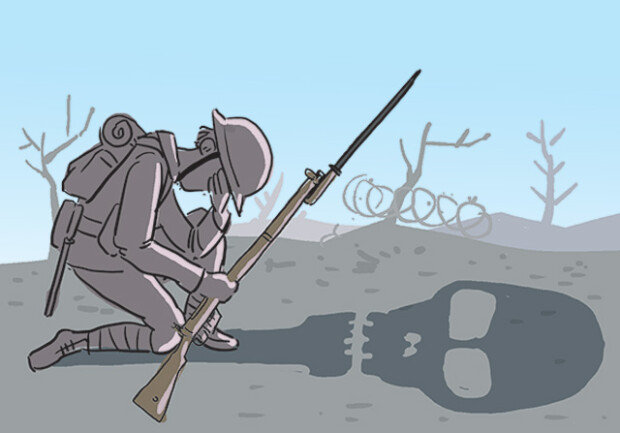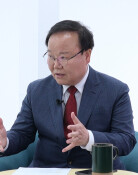A lesson that should never be forgotten
A lesson that should never be forgotten
Posted June. 09, 2020 08:05,
Updated June. 09, 2020 08:05

“We will never forget you,” reads the slogan of the South Korean Ministry of National Defense Agency for KIA Recovery and Identification, known as MAKRI. The development of DNA identification technology has given a boost to excavation efforts. The United States has a team for recovery and identification under the Joint POW/MIA Accounting Command (JPAC), which went as far as to open an office in Seoul tasked with recovering U.S. soldiers who fought in the Korean War.
South Korea is also second to none in terms of excavation efforts. It was the second country to create a team of experts for recovery and identification and is still running relevant programs. “Being part of an excavation project was extremely rewarding and changed my perception of the military and the government,” wrote a man who completed his military service in an online post.
Come Memorial Day, there is high coverage of stories about excavation. And the slogan, “We will never forget you,” invariably touches people. Nevertheless, we forget. We may constantly grieve and try to find the remains of the fallen, but we easily let go of the lessons from the wars – the lessons that do not sit comfortably with us.
When the First World War broke out in 1914, Lord Kitchener, then British Secretary of State of War, called for volunteers to join the British army as it needed more soldiers. The recruitment campaign attracted 600,000 volunteers, 500,000 more than its initial aim, and the new army was referred to as “Kitchener’s Army.” This might not be surprising to many Koreans as loyalty and patriotism are important parts of the Korean culture, but it was to Europe that had a just 200-year history of nation states. Unfortunately, by the time the war ended, their love for their country was replaced by mistrust of the governments and their systems. It even brought about a revolution in Russia. The First World War resulted in the worst bloodshed because governments were not ready for new weapons, and their ill-judged half-baked strategies provoked anger in soldiers. This lesson goes beyond wars. People will turn their back on the government and vested interests if they fail to adjust to new circumstances.
Headline News
- Med professors announce intention to leave hospitals starting Thursday
- Bridge honoring Sgt. Moon Jae-sik unveiled in Pennsylvania
- Chief of Staff Chung tells presidential secretaries to stay away from politics
- US FTC bans noncompete agreements
- N. Korea launches cyberattacks on S. Korea's defense companies







